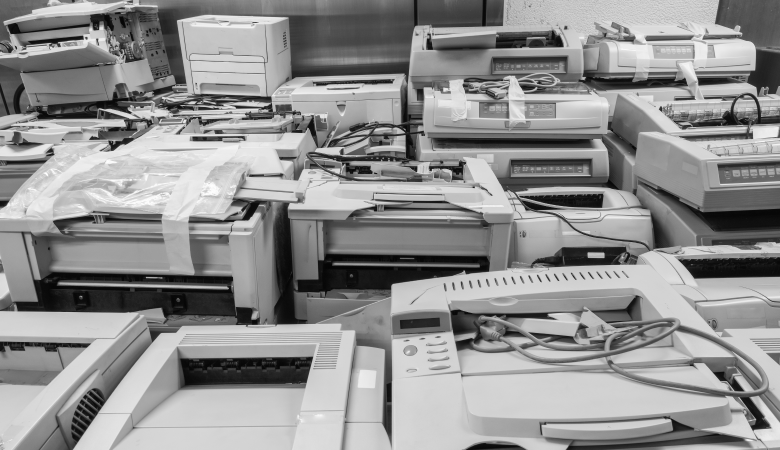North Lincolnshire Council is committed to using resources more efficiently and ensuring the amount of waste we produce is minimised.
Advice

Charges to businesses
See our guide for further information on which businesses are subject to collection and/or disposal charges for their waste and recycling.


Campaigns
Find current campaigns that we are working on, the impact we hope to achieve and how you can get involved.
A to Z
Our A-Z guide has been produced to help you dispose of your business waste in the most sustainable way, ensuring you are compliant with all relevant waste legislation.


Frequently asked questions – answers to the most popular questions
Waste Electrical and Electronic Equipment
Electrical and electronic equipment (EEE) is regulated to reduce the amount of waste electrical and electronic equipment (WEEE) incinerated or sent to landfill sites. Reduction is achieved through various measures which encourage the recovery, reuse and recycling of products and components. Businesses must store, collect, treat, recycle and dispose of WEEE separately from other waste. They must also obtain waste transfer notes and keep them as proof that WEEE was given to an authorised waste management company and was treated and disposed of in an environmentally sound way.


News and statistics
If you need further advice, send us an email or pick up the phone and speak to one of our commercial waste advisors who will be happy to help.
Contact